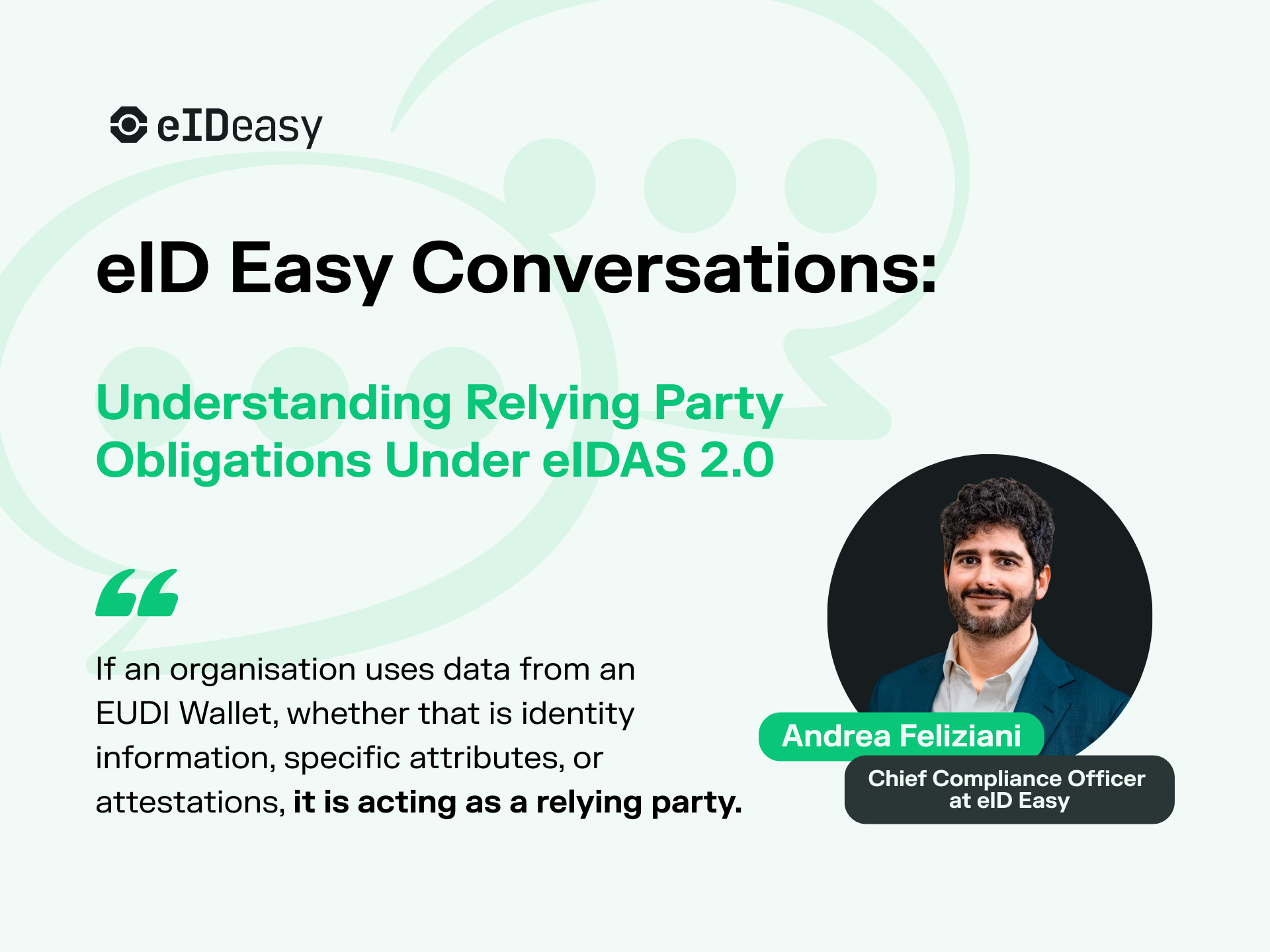What Is a Cloud-Based Signature Certificate?
A cloud-based signature certificate is a digital certificate used to create and verify qualified electronic signatures (QES). Unlike certificates stored on local devices, this certificate is stored and managed in the cloud.
What Does the Certificate Contain?
- Signer's name and email address
- Public key linked to the signer’s private key
- Issued by a Certification Authority (CA) that verifies the signer’s identity and the certificate’s validity
Benefits of a Cloud-Based Signature Certificate
1. Convenience
Access your signature from any internet-connected device—no need to carry a physical token.
2. Security
Cloud providers typically enforce robust security protocols to protect your certificate’s confidentiality and integrity.
3. Cost-Effectiveness
No need to invest in hardware or manage on-premise infrastructure.
4. Scalability
Easily scale usage up or down without adding physical resources.
Risks and Considerations
1. Provider Dependence
If your provider shuts down or is breached, you could lose access to your certificate.
2. Internet Dependency
Access requires a stable internet connection.
3. Legal Jurisdiction
Your certificate might be governed by laws in the country where the provider’s servers are located.
Common Questions About Cloud-Based QES
What Is a Cloud-Based Qualified Electronic Signature?
A cloud-based QES is a secure, legally recognized electronic signature that is:
- Created and stored in the cloud
- Based on a qualified certificate
- Made using a qualified signature creation device
How Does It Work?
Just like a traditional QES:
- Uses a secure device (e.g. token or smart card)
- Relies on a qualified certificate
- Main difference: stored and managed remotely in the cloud
What Are the Key Benefits?
- Convenience: Sign from any internet-enabled device
- Security: Strong encryption and secure infrastructure
- Cost Savings: Eliminate physical hardware and local maintenance
- Scalability: Adjust usage easily to meet changing needs
What Are the Risks?
- Provider Reliability: Risk of provider shutdown or breach
- Connectivity Issues: No internet = no access
- Legal Uncertainty: Different jurisdictions may apply to cloud storage
Choosing a Cloud-Based QES Provider
When evaluating providers, consider the following:
- Security: Strong encryption, secure authentication methods
- Reputation: Positive track record and customer trust
- Compliance: Must meet standards such as eIDAS in the EU
- Customer Support: Responsive and helpful support team
For more details, check out our list of Qualified Electronic Signature providers.


